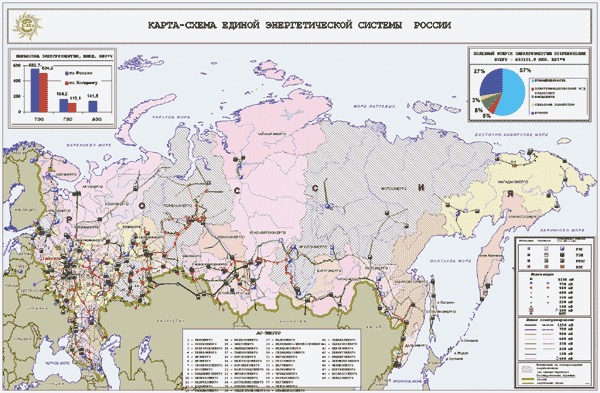
The current situation:
In order to form an effective market policy and avoid costly mistakes in improving the electricity market, a methodology is required to test market mechanisms in a laboratory environment. An important aspect is the analysis of the manipulation of mechanisms, i.e. the ability of market participants to benefit from the reporting of inaccurate information. Analysis of the manipulability and search for optimal mechanisms requires the use of game theory methods and mechanism design.

Currently, there is no systematic analysis of the manipulation in the development of promising policies for electricity markets. To increase the efficiency of promising electricity and capacity markets, it is necessary to develop methods for analyzing the manipulation of existing and future market mechanisms, as well as methods for synthesizing mechanisms that are resistant to manipulation.
Project objectives:
1. Improvement of the wholesale electricity market (WEM)
- Development of the WPCM theoretical and game model (day-ahead market + balancing market)
- Elaboration of recommendations on improvement of the WPCM rules based on the analysis of manipulation
- Creation of a methodology for detecting local markets in WEM
2. Improving cross-border electricity trade mechanisms
- Development of theoretical and game models of foreign wholesale electricity markets (Nord Pool, Baltic States)
- Development of trading recommendations on the basis of theoretical and game market analysis
- Elaboration of recommendations to improve the regulatory framework for cross-border energy efficiency trade
3. micro-grid market research
- Development of theoretical and game models of perspective retail markets with distributed generation
- Development of recommendations on the architecture of the retail micro-grid market, taking into account the manipulability of the micro-grind